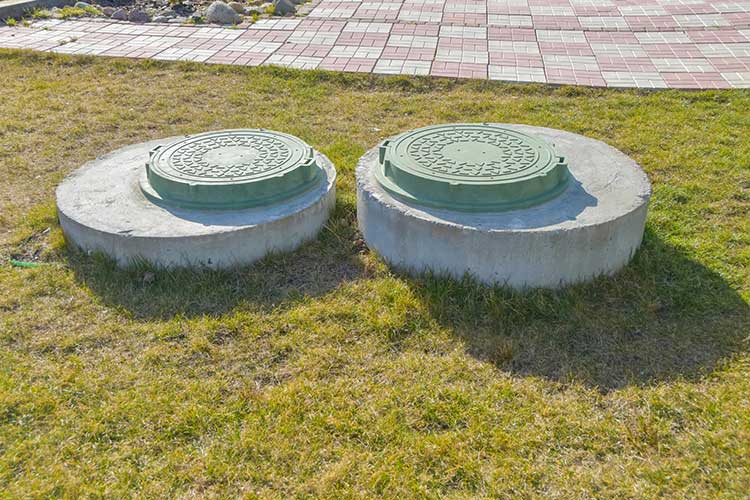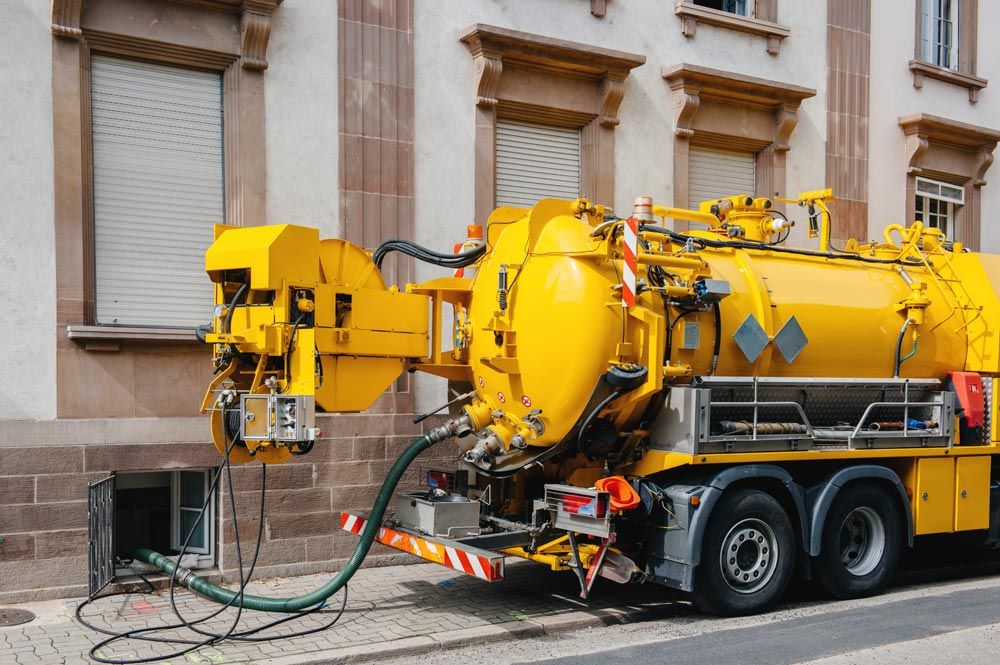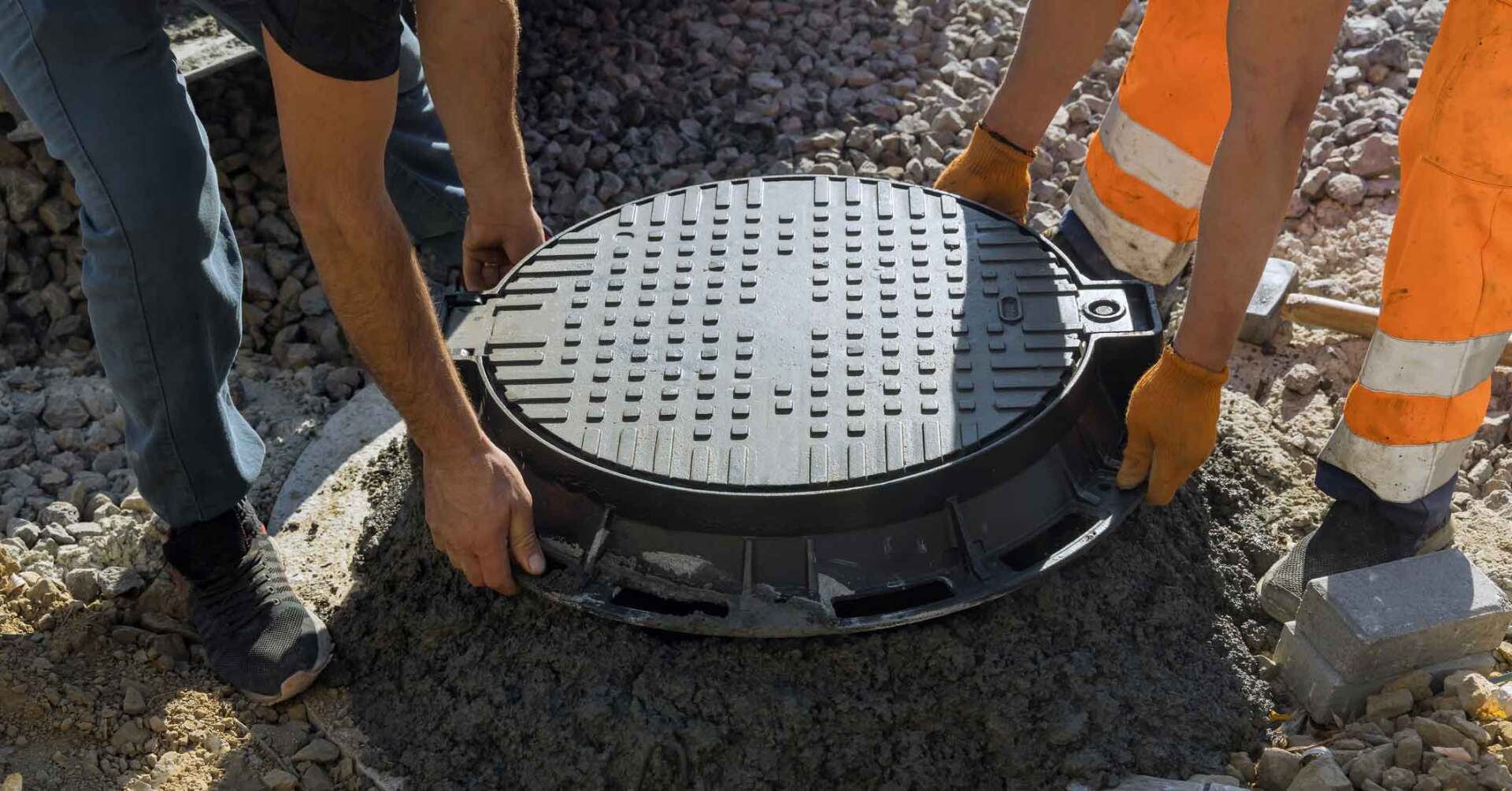Campgrounds & Septic Tanks: 4 Reasons to Install a Wastewater Treatment System

Campgrounds provide an ideal place for guests to explore nature, but the visitors to your campground also need a place to go to the bathroom. Even in a simple place like a campground, you need to be aware of your wastewater management solutions. If you have a septic tank, the addition of a wastewater treatment system can come with many advantages to help prevent issues.
Learn about the benefits of a treatment system and how the installation can protect your campground for years to come.
1. Prevent Drain Field Issues
When septic tanks fill with wastewater, the water is typically dispersed into a drainage field. If the amount of wastewater becomes too great, you might have a lot of issues with drainage fields and nearby campsites. Campers may notice distinct odors in the air. Wastewater could leak up into the grass and create muddy areas.
In some cases, excessive water leaks could form sinkholes that present dangers for campground guests. A wastewater treatment system will help filter out the water, reduce the load, and prevent septic tank overflow. A drain field will run smoothly and your septic tank will have reduced overload and pressure.
When campers stay around the drain field areas, you do not need to worry about any major issues.
2. Control Camper Populations
Even though campground septic tank systems can handle the load of campers for a lot of the year, you may have times where you deal with larger amounts of people. Times of the year like the Fourth of July or Memorial Day weekend are popular for camping and could result in a big increase of guests on your property.
When an influx of guests uses public bathrooms, you do not want to worry about septic tank back-up issues. Toilets could overflow or not flush properly when septic tanks get too much use during the day. One way to help with the flow is through a wastewater treatment system.
The system is connected to the inlet of the septic tank, so all of the wastewater goes through a sophisticated pipe system rather than right into the tank. The delayed flow of water will help break down the overall load, reduce the direct waste, and allow the septic tank to break down items more easily.
3. Expanded Public Bathroom Installations
Along with an increase in campers, you may decide to add more public bathrooms to your campground. The installation of a new bathroom will likely include a new septic tank. Adding a wastewater management system during the initial installation will help prevent problems and improve any major changes down the line.
If you have the system already in place, then preventative care will prevent delays and major plumbing issues in the future. You can provide new bathrooms and give your campers somewhere to go without the need to constantly check or worry about septic tank issues.
4. Camper Food Waste
Without the luxury of a home, campers may see bathroom sinks and toilets as a quick method to dispose of waste. Food grease, oils, and other disposable waste can quickly build up inside a septic tank. A wastewater treatment installation can help filter out the waste and reduce the impact on septic tanks.
Grease will float above wastewater and can cause drainage issues for septic tanks, especially as it dries and hardens. The waste filter will reduce the amount of grease and prevent major clogs. The treatment system is often easy to access so you can clear out excess grease waste along with other items that should not go down the toilet.
Find out more information about our wastewater treatment options at The Nibbler Company
. We can help execute a plan to help keep your campground running smoothly and ensure your septic tank operates without any major problems.




